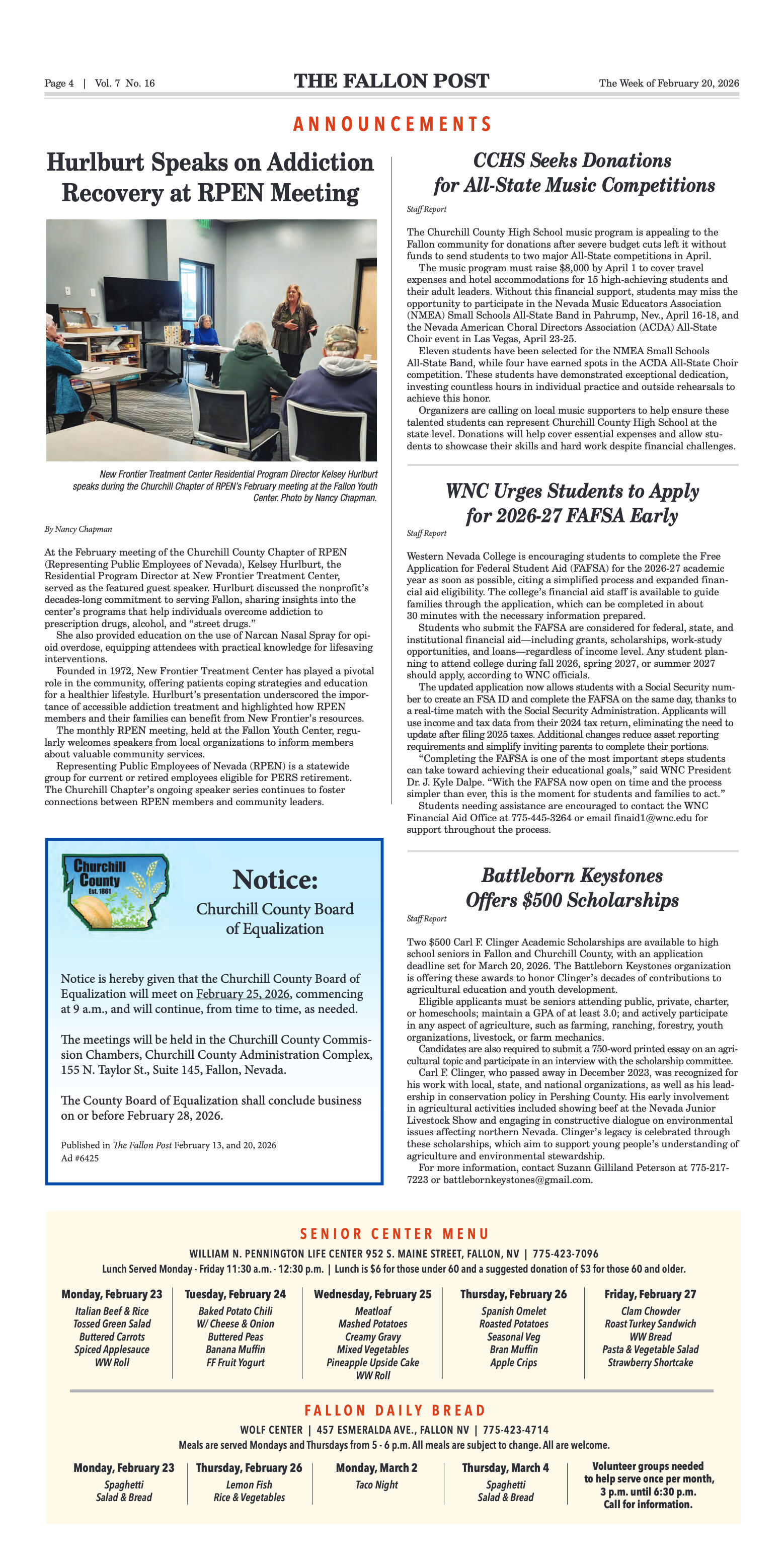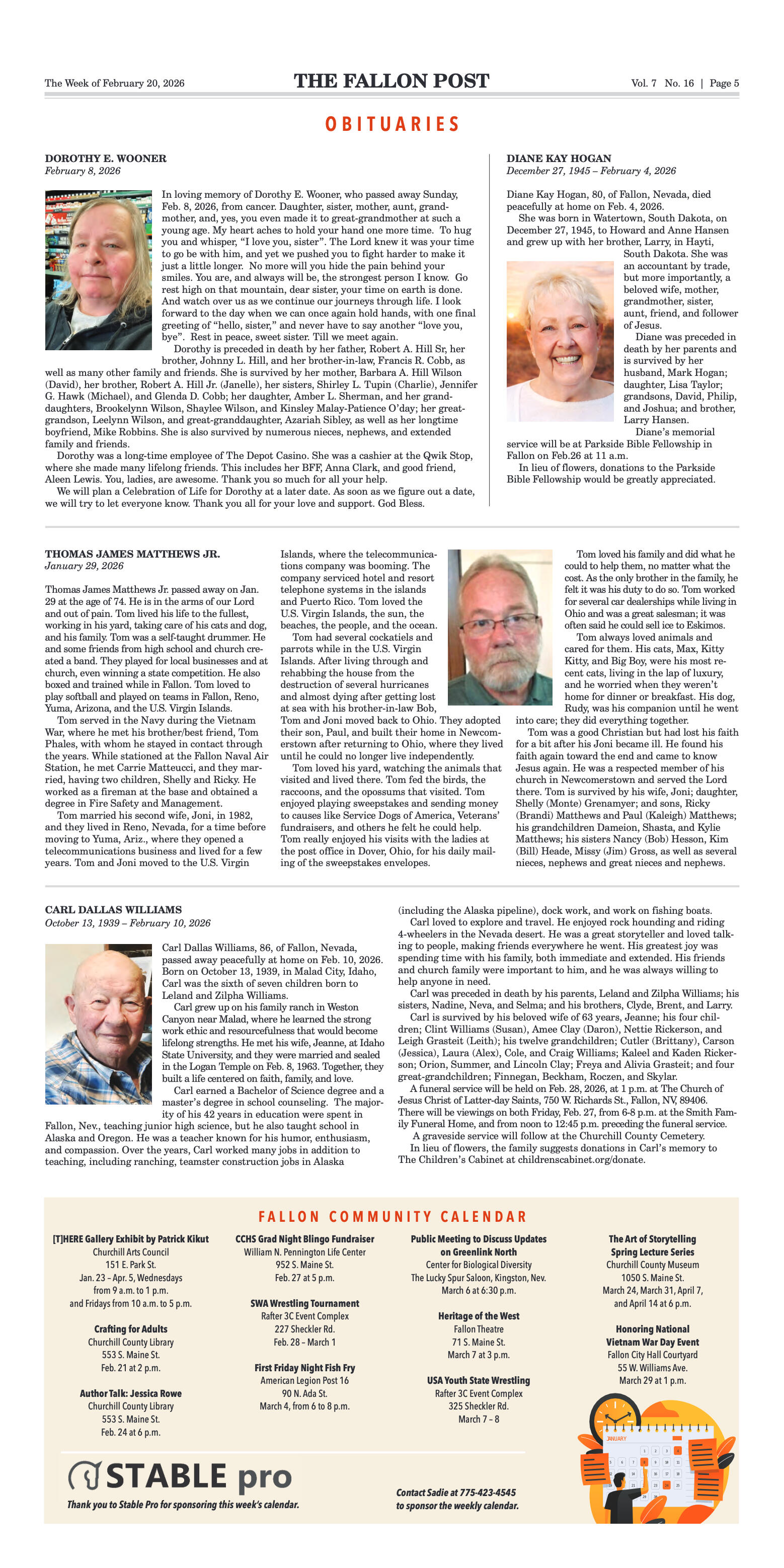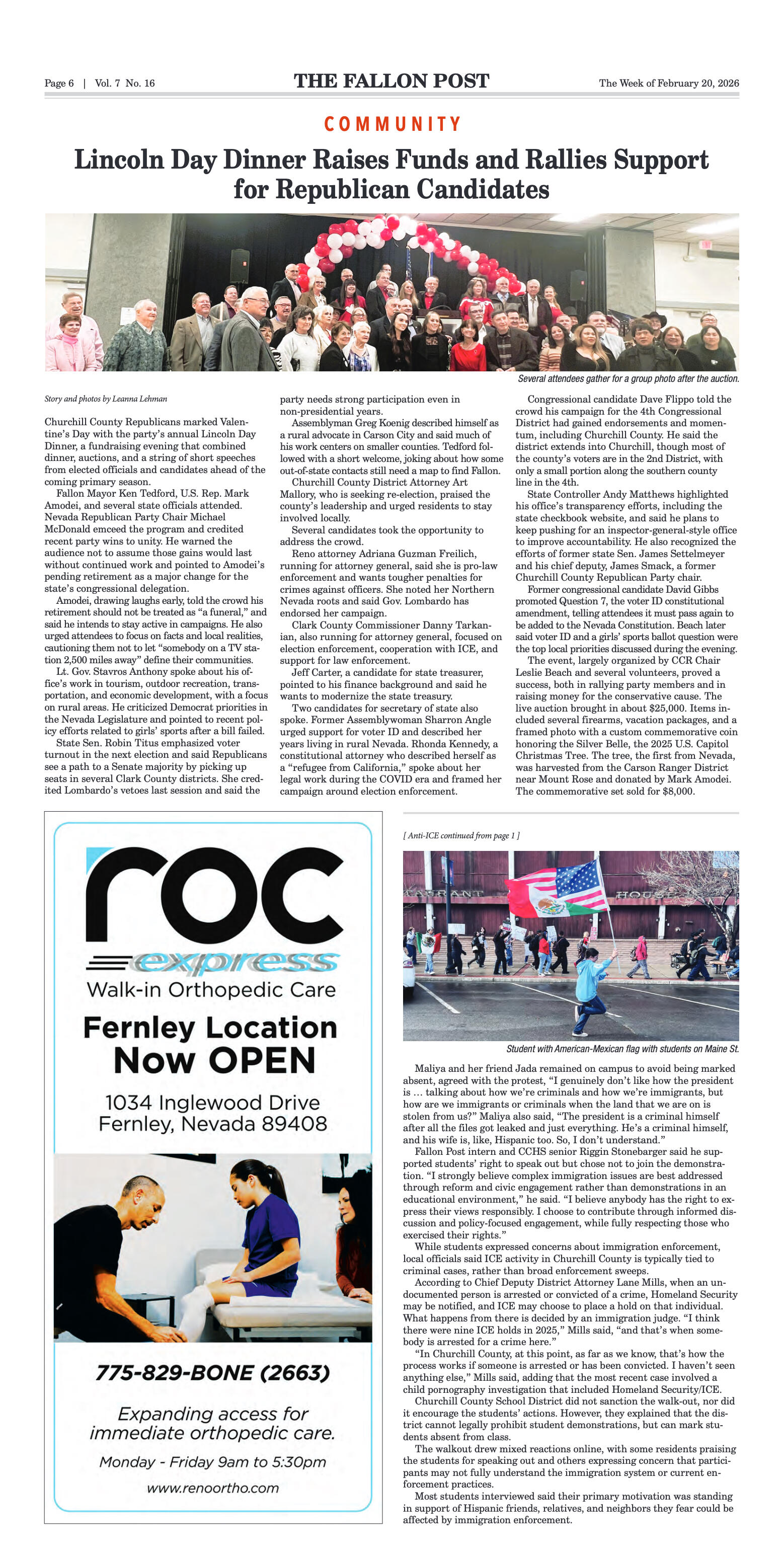To say the financial markets were a bit bumpy in 2018 may be an understatement. The S&P 500 was down 6.2 percent for the year, the first time this key index fell since 2008, during the financial crisis. So what can you anticipate in 2019? And what investment moves should you make? Let’s review the causes for last year’s market volatility. Generally speaking, uncertainty was a major culprit. Uncertainty about tariffs, uncertainty about the continued trade dispute with China, uncertainty about Brexit – they all combined to make the markets nervous. Furthermore, the Federal Reserve raised interest rates four times, and even though rates remain low by historical standards, the increases caused some concern, as higher borrowing costs can eventually crimp the growth prospects for businesses. And now that we’re into 2019, these same uncertainties remain, so markets are likely to remain volatile. Although the Fed has indicated it may be more cautious with regard to new rate hikes, there are indications of slower growth ahead, particularly in China, the world’s second-largest economy. And after strong 2018 earnings growth, helped by the corporate tax cuts, corporate earnings may grow more slowly – and, as always, earnings are a key driver of stock prices. Nonetheless, the U.S. economy is showing enough strength that a recession does not appear to be on the horizon, which is also likely to be the case globally – and that should be good news, because an extended “bear” market typically does need to be fueled by a recession. Ultimately, the projected continued growth of the U.S. economy and the possible resolution of some uncertainties could help markets rebound. As investors, we cannot control the everyday ups and downs in the markets, but we can control our decisions, look for opportunities and keep a long-term perspective within our investment portfolios. Consider these actions for 2019: Be prepared for volatility. As mentioned, many of the same factors that led to the market upheavals of 2018 are still with us, along with the impact of the partial government shutdown – so don’t be surprised to see continued volatility. The more you’re prepared for market turbulence, the less startled you’ll be when it arrives. Stay diversified. At any given time, different financial assets may move in different directions: stocks up, bonds down, or vice versa. To help dilute risk and take advantage of different opportunities, you should maintain a broadly diversified portfolio containing stocks, international stocks, bonds, government securities and so on. You may need to rebalance your portfolio to maintain an appropriate proportion of each asset class, based on your risk tolerance and long-term goals. Keep in mind, though, that while diversification can reduce the effects of volatility on your portfolio, it can’t guarantee profits or protect against all losses. Take a long-term perspective. It can be disconcerting to see several-hundred point drops in the stock market. But you can look past short-term events, especially if your most important financial target – a comfortable retirement – is still years or decades away. By keeping your focus on the long term, you can make investment decisions based on your objectives – not your emotions. If 2019 continues to be volatile, you'll need to stay prepared and make the right moves – so you can be confident that you did everything you could to keep moving toward your financial goals. This article was written by Edward Jones for use by your local Edward Jones Financial Advisor.
Market Outlook for 2019: Uncertainty is Certain
- 02/05/2019 04:19 AM (update 04/10/2023 11:09 PM)












































Comment
Comments